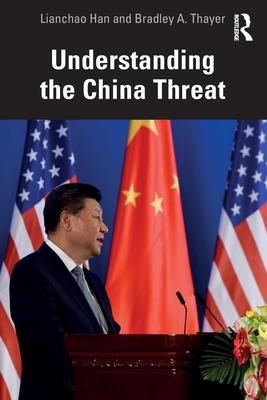This book examines the contours of the Sino-American confrontation and its future trajectories. It delineates the two major causes of the friction in Sino-American relations-change in the balance of power in China's favor and the conf licting ideologies of the two states-and emphasizes why it is imperative for the U.S. to hold on to its ideological principles. It demonstrates the ultimate and irreconcilable gap in the visions the two competitors have for international politics and consequently why conf lict-certainly cold, and very possibly hot-is inevitable. The authors also suggest measures which the U.S. can adopt to sustain its leadership and deter China's ideology and vision for the future of global politics.
A significant contribution to the study of Sino-American relations, the volume will be of interest to scholars and researchers of international relations, foreign policy, and U.S. and Chinese politics. It will be of great interest to think tanks, public policy professionals, and the interested general reader.
